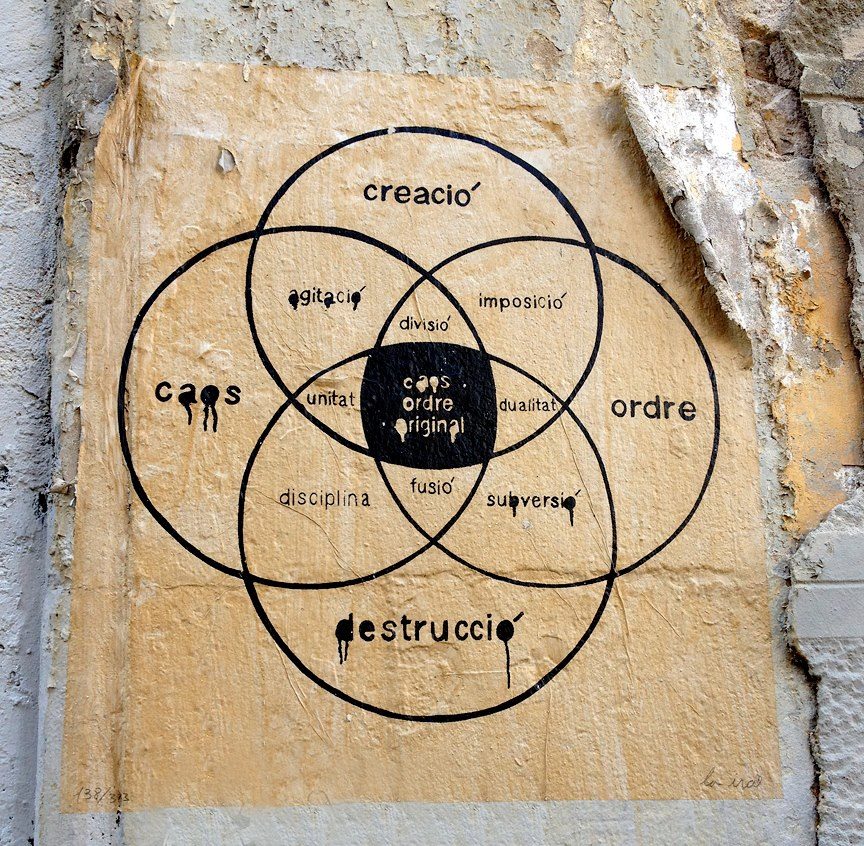
Okay, I pretty much never put my lawyer's hat on when I'm writing in this blog for a variety of truly tedious reasons, and I don't really intend to start here. However, there has been an artists' movement in the beadosphere lately to discuss copyright issues, and I thought I would tack on an addendum to this discussion to share some very simple information with you.
I am not currently practicing, as I am staying home with the Short One right now, but I am an intellectual property lawyer by training. In the years B.S.O. ("Before Short One"), I used to field calls periodically for people looking for information on copyright registrations. I realize that not everyone knows where to find this basic data, so I'm going to offer it to you here. Naturally, the following applies specifically to U.S. copyright law.
As you may already know, you do not need a registration to claim copyright in your original work. However, there are certain benefits to registration, and if, after reading other posts about copyright issues, you are interested in finding out more about the process and legal rights you may be entitled to claim in your work, there is a very easy place for you to go to learn more - the U.S. Copyright Office itself.
In addition to resources for lawyers, the website provides educational materials for laypeople, such as a downloadable article entitled "Copyright Basics" (which I used to hand out to my clients for reference), a concise but quite useful FAQ section and a somewhat interactive section called "Taking the Mystery Out of Copyright" (okay, this seems to have been designed for students - I found the first section, starring Detective Cop. E. Wright a little hard to sit through, but it does contain pertinent information...). (By the way, if you are wondering why some of these links take you to a www.loc.gov website, it is due to the fact that the U.S. Copyright Office is a part of the Library of Congress.)
There is also a searchable database of registrations and other documents recorded with the office since 1978 (although I make no guarantees as to how easy you find the search engine to use - there is a tutorial for it), if you would like to investigate what registrations are already current and subsisting on the U.S. register.
Finally, there are instructions on how to file for copyright registration, if you decide to do so. Unlike some other forms of intellectual property, it is not necessary to have a lawyer file on your behalf. Although, inevitably, there are some cases in which it would be a good idea - in my opinion at least - to consult a lawyer before filing, the Copyright Office itself does not require it. Basic fees for filing remain relatively inexpensive at $35-45.00, depending on how you file. Bear in mind, however, that registration is not automatic and that any application filed with the Office will be examined to determine its fitness, so to speak, for registration. There is more information on this point on the website.
So, in case you weren't already aware: if you are interested in U.S. copyright law or in the U.S. copyright registration process, you can go right to the source for reliable, up-to-date information. The literature available through the U.S. Copyright Office may not answer all of your intellectual property questions, but it's definitely one of the best places to start.



























































